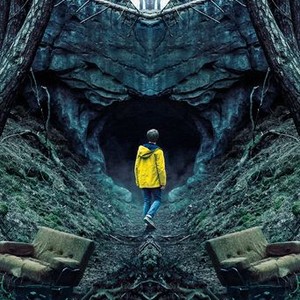 In this brave new world of self-isolation, I have come to lose track of time. Time, or rather our concepts of the passage of time, are constructs that we animate and breathe life into, out of the necessities of our mortal lives. But to quote a Tralfamadorian from Slaughterhouse-Five: “ All time is all time. It does not change. It does not lend itself to warnings or explanations. It simply is.” Making sense of time and distorting our limited understandings of it have been at the heart of many great works of literature and art. For me, the latest iteration of this feat of human imagination is the German sci-fi noir series, Dark, created by Baran bo Odar and Jantje Friese. You should watch it, not because it is a binge worthy thriller (it most certainly is), or because it might bring a sense of reassurance in these times of uncertainty (it will not); but because it is a must-experience masterpiece.
In this brave new world of self-isolation, I have come to lose track of time. Time, or rather our concepts of the passage of time, are constructs that we animate and breathe life into, out of the necessities of our mortal lives. But to quote a Tralfamadorian from Slaughterhouse-Five: “ All time is all time. It does not change. It does not lend itself to warnings or explanations. It simply is.” Making sense of time and distorting our limited understandings of it have been at the heart of many great works of literature and art. For me, the latest iteration of this feat of human imagination is the German sci-fi noir series, Dark, created by Baran bo Odar and Jantje Friese. You should watch it, not because it is a binge worthy thriller (it most certainly is), or because it might bring a sense of reassurance in these times of uncertainty (it will not); but because it is a must-experience masterpiece.
Dark is the, well…dark…story of the residents of a small German town; each dealing with their own personal traumas, double lives, and troubling pasts. We begin in the “present,” in 2019. But the story eventually spreads into subplots and story lines in 1921, 1953, 1986, and 2053; as various characters engage in time travel through a wormhole in a near-by cave. They travel in order to make sense of their lives, and to find answers to and perhaps prevent tragedies that befall them—murders, suicides, disappearances, and infidelities. As the “pasts” of the residents travel into the “present” and the “future,” and as the “presents” of the same characters travel into the “past” and the “future,” we come to appreciate the long-term ripple effects of human decisions and random encounters in each period across time and space.
But, more importantly for me, as the various story lines interweave through interpersonal interactions across the different time periods, we begin to lose any sense of which temporal iteration of which character is “real.” Thus, we come to lose track of a linear and directional concept of time and even question the very idea of the “self.”
Dark elegantly blends various genres into a complex narrative through which the viewer is confronted with the totality of the human experience, and grapples with issues of determinism and free will.
The series builds up in pace and complexity as it progresses. In a way, Dark “isn’t a show you watch. It’s a show you solve.”
The first two seasons of Dark are available on Netflix.
So, solve away!
– Siavash Samei
Postdoctoral Fellow, Humanities Institute
University of Connecticut
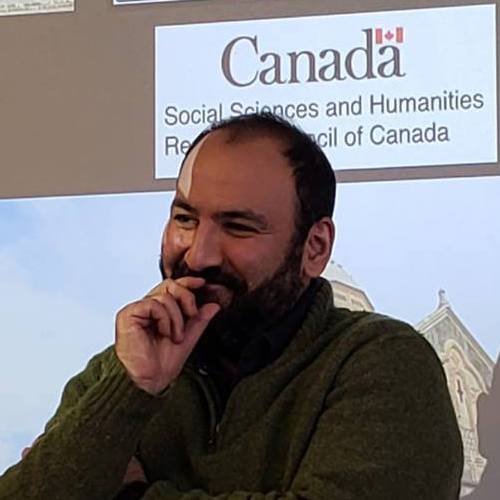 Who is Siavash Samei? Siavash was born and raised in Tehran, Iran, but moved to the US in his teenage years. He earned his PhD from the UConn Anthropology Department in 2019, after which he joined the UCHI team as a postdoctoral fellow. Siavash is an archaeologist who has conducted field work throughout the Middle East, specifically in Iran and Armenia. His research examines human-animal interactions and the evolution of animal husbandry as a subsistence strategy throughout the Middle Eastern highlands at the time of the Urban Revolution in Mesopotamia (ca. 4000–2200 BCE). Next year Siavash will join the faculty at The College of Wooster as a Visiting Assistant Professor of Archaeology.
Who is Siavash Samei? Siavash was born and raised in Tehran, Iran, but moved to the US in his teenage years. He earned his PhD from the UConn Anthropology Department in 2019, after which he joined the UCHI team as a postdoctoral fellow. Siavash is an archaeologist who has conducted field work throughout the Middle East, specifically in Iran and Armenia. His research examines human-animal interactions and the evolution of animal husbandry as a subsistence strategy throughout the Middle Eastern highlands at the time of the Urban Revolution in Mesopotamia (ca. 4000–2200 BCE). Next year Siavash will join the faculty at The College of Wooster as a Visiting Assistant Professor of Archaeology.
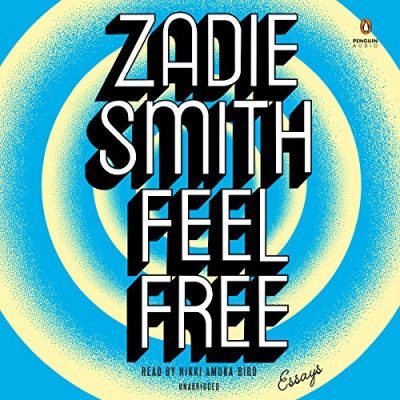 There is only so much Netflix and Hulu one can watch and replaying Contagion and Outbreak are not the best antidote for COVID-19’s many anxieties. I suggest you find refuge in an
There is only so much Netflix and Hulu one can watch and replaying Contagion and Outbreak are not the best antidote for COVID-19’s many anxieties. I suggest you find refuge in an 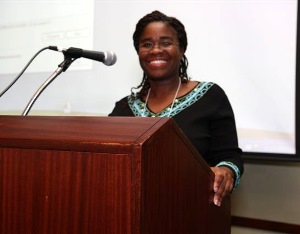 Who is Fiona Vernal?
Who is Fiona Vernal? 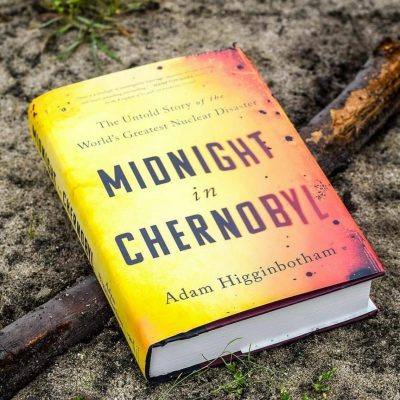 The role of the humanities and liberal arts education in the 21st century is a topic of intense debate. If the sciences are the foundation for inventing new technologies, the humanities are the foundation for implementing these technologies sustainably and ethically.
The role of the humanities and liberal arts education in the 21st century is a topic of intense debate. If the sciences are the foundation for inventing new technologies, the humanities are the foundation for implementing these technologies sustainably and ethically.  Who is Marisa Chrysochoou? Marisa Chrysochoou is a professor and the head of the
Who is Marisa Chrysochoou? Marisa Chrysochoou is a professor and the head of the 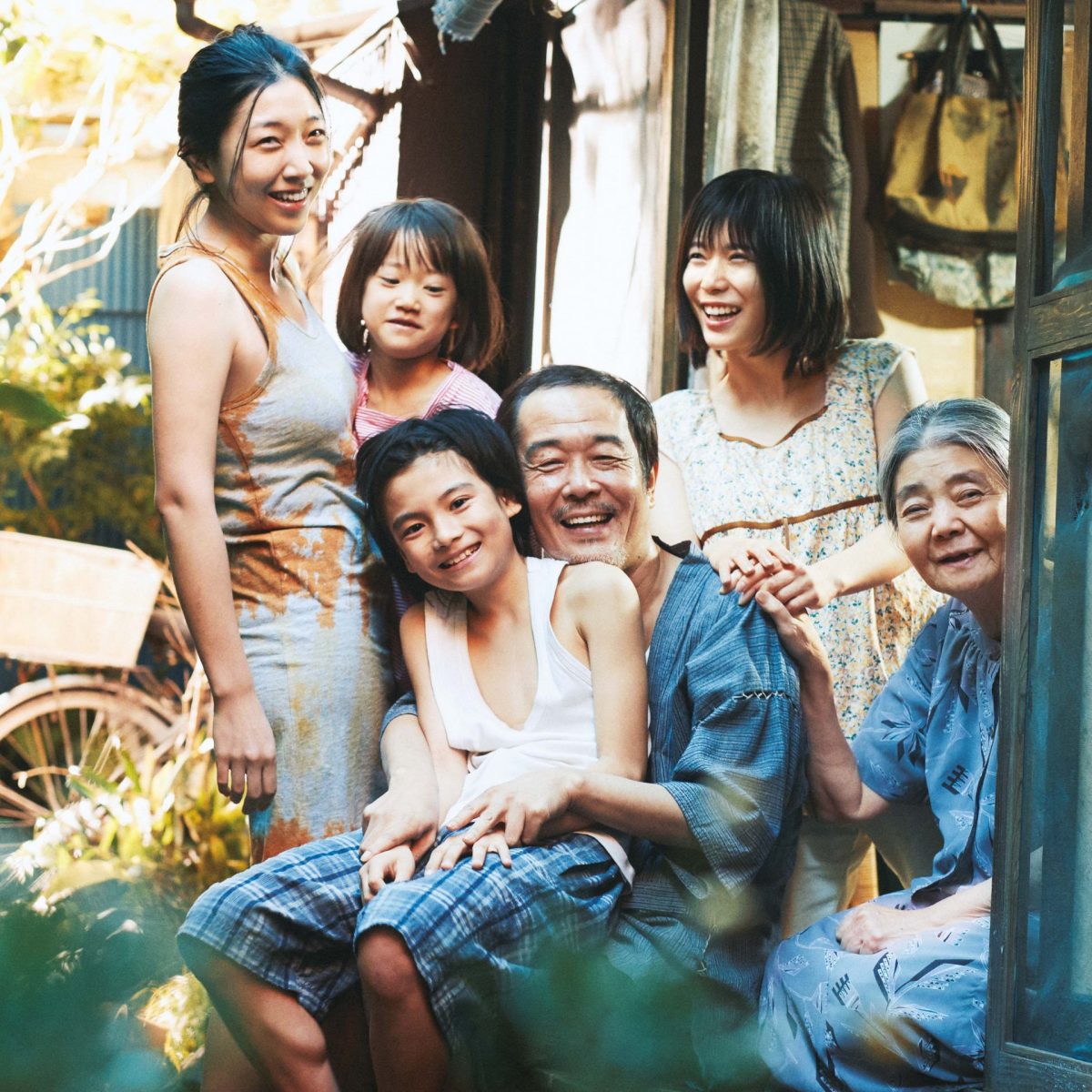 You Should take the time to watch Shoplifters by Japanese director Hirokazu Kore-eda who is often compared to Kurosawa, Bergman, and other great humanists of the cinema.
You Should take the time to watch Shoplifters by Japanese director Hirokazu Kore-eda who is often compared to Kurosawa, Bergman, and other great humanists of the cinema.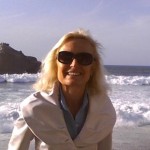
 You should listen to Regina Spektor’s music — but only if you’re ready for a brush with genius. Wild genius, that is, skyrocketing musically through the magical, heartbreaking, infuriating, absurd journey that is life. Nothing is lyrically off limits for Spektor —
You should listen to Regina Spektor’s music — but only if you’re ready for a brush with genius. Wild genius, that is, skyrocketing musically through the magical, heartbreaking, infuriating, absurd journey that is life. Nothing is lyrically off limits for Spektor —  Who is Sarah Willen?
Who is Sarah Willen? 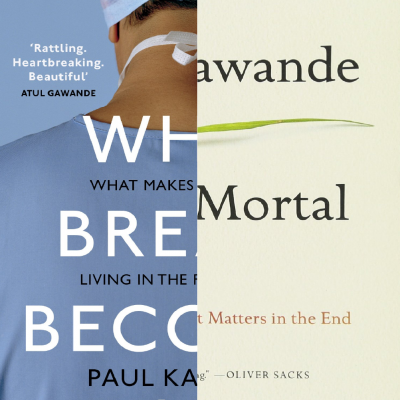 If medicine is an art as much as a science, then a journey of illness through the medical world is part humanistic voyage.
If medicine is an art as much as a science, then a journey of illness through the medical world is part humanistic voyage.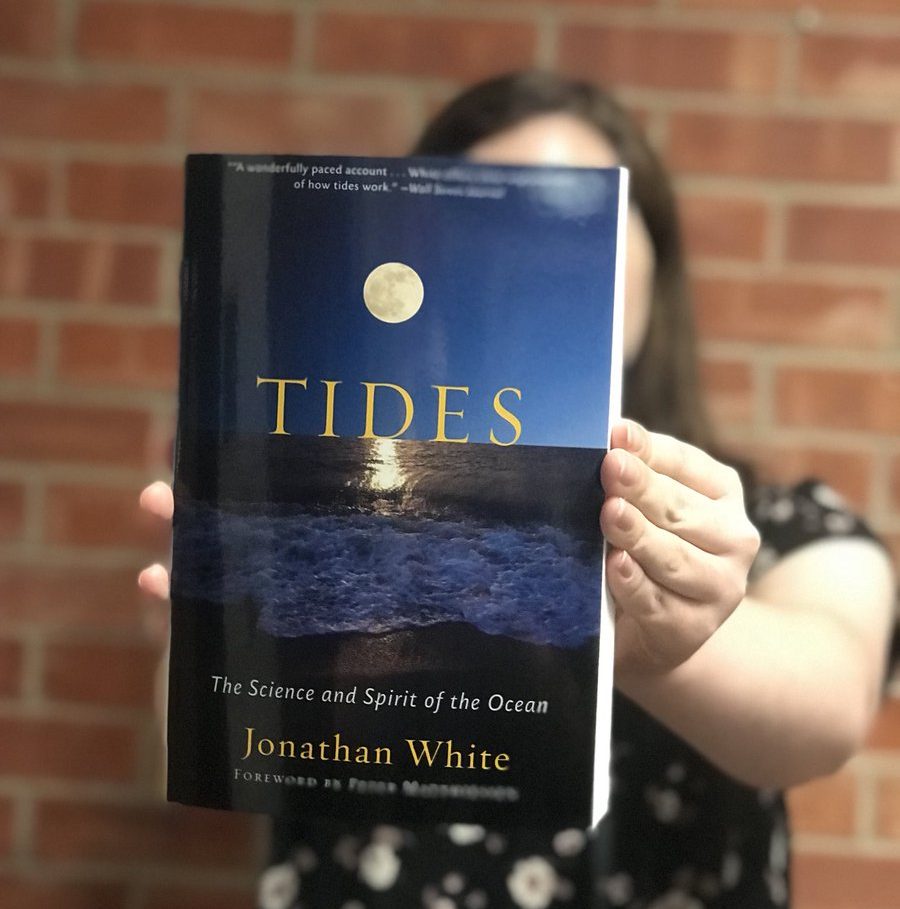 Whether it’s beach season, the fiftieth anniversary of the first moon landing, or our daily proximity in Connecticut to vast bodies of water in only partly predictable motion, there are plenty of reasons right now why you should read
Whether it’s beach season, the fiftieth anniversary of the first moon landing, or our daily proximity in Connecticut to vast bodies of water in only partly predictable motion, there are plenty of reasons right now why you should read 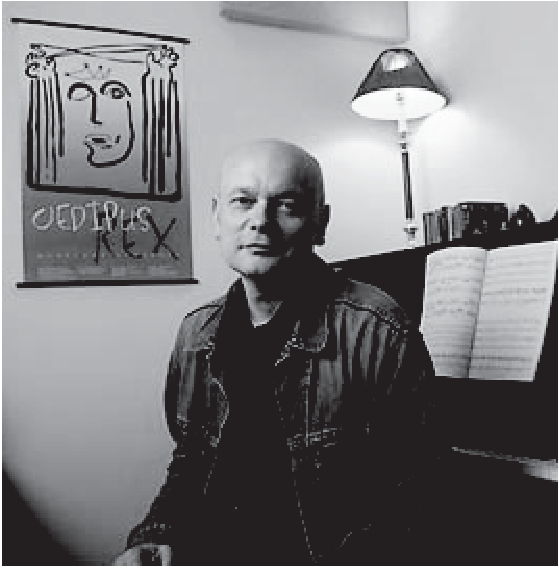 Who is Alain Frogley? Alain Frogley is a native of Great Britain and holds degrees from Oxford University and the University of California at Berkeley. He has taught at Oxford and Lancaster universities and in 1994 was appointed to the faculty of the University of Connecticut. He is a specialist in the music of the late-19th and 20th centuries, particularly that of Britain and America, but he has also worked on the cultural contexts of musical nationalism. His most recent work includes research into the reception of British music in Nazi Germany and racial Anglo-Saxonism in music. In 2005–2006 he was a fellow of the
Who is Alain Frogley? Alain Frogley is a native of Great Britain and holds degrees from Oxford University and the University of California at Berkeley. He has taught at Oxford and Lancaster universities and in 1994 was appointed to the faculty of the University of Connecticut. He is a specialist in the music of the late-19th and 20th centuries, particularly that of Britain and America, but he has also worked on the cultural contexts of musical nationalism. His most recent work includes research into the reception of British music in Nazi Germany and racial Anglo-Saxonism in music. In 2005–2006 he was a fellow of the 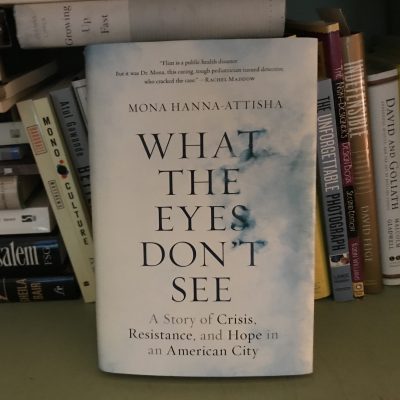 This terrific
This terrific  Who is Juli Wade? In December 2018, Juli Wade was named the new Dean of the College of Liberal Arts and Sciences at the University of Connecticut. Prior to this, Professor Wade was the Associate Provost at Michigan State University, where she had joined the psychology department in 1995. She received her Bachelors’ degree
Who is Juli Wade? In December 2018, Juli Wade was named the new Dean of the College of Liberal Arts and Sciences at the University of Connecticut. Prior to this, Professor Wade was the Associate Provost at Michigan State University, where she had joined the psychology department in 1995. She received her Bachelors’ degree 
